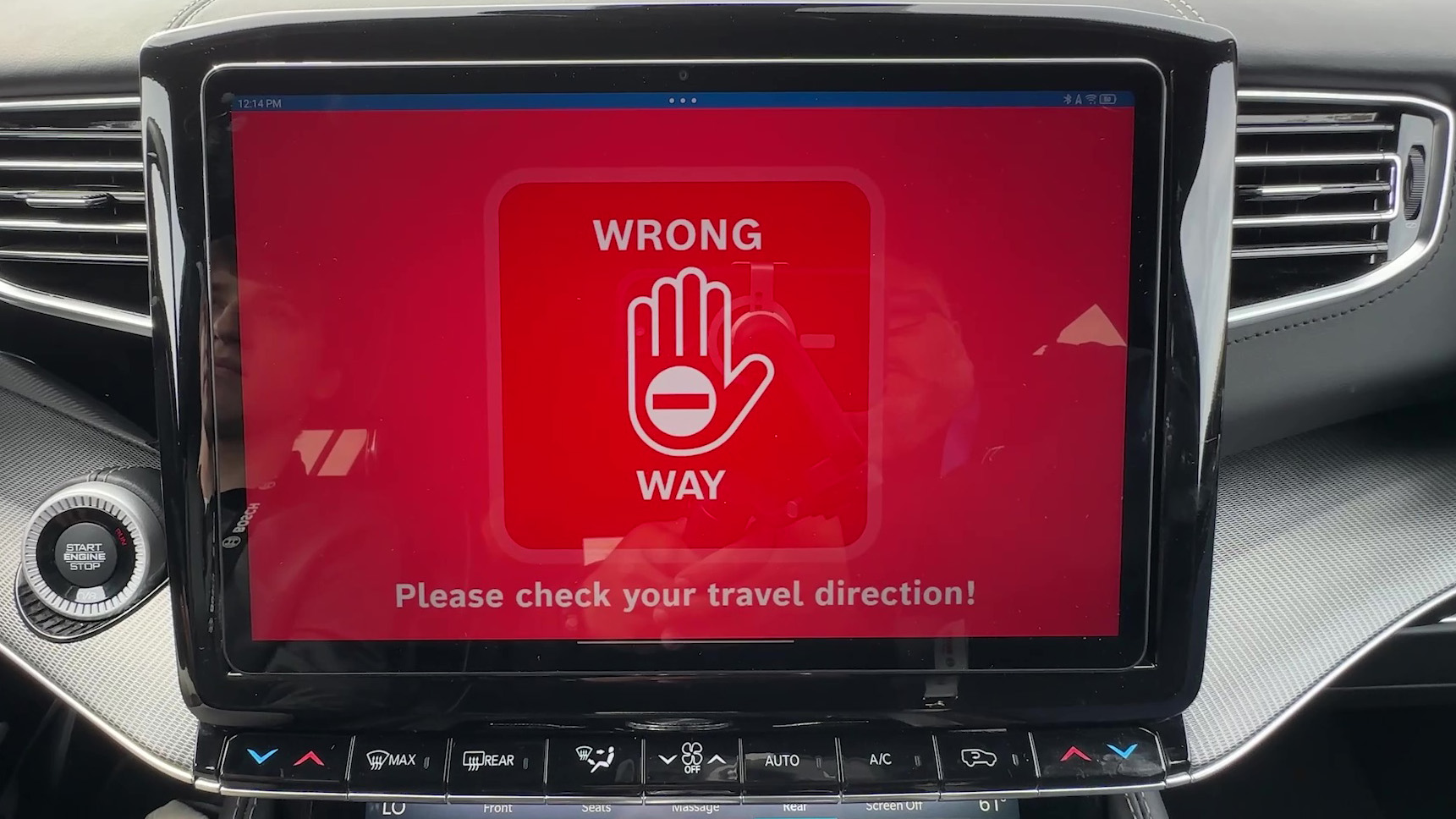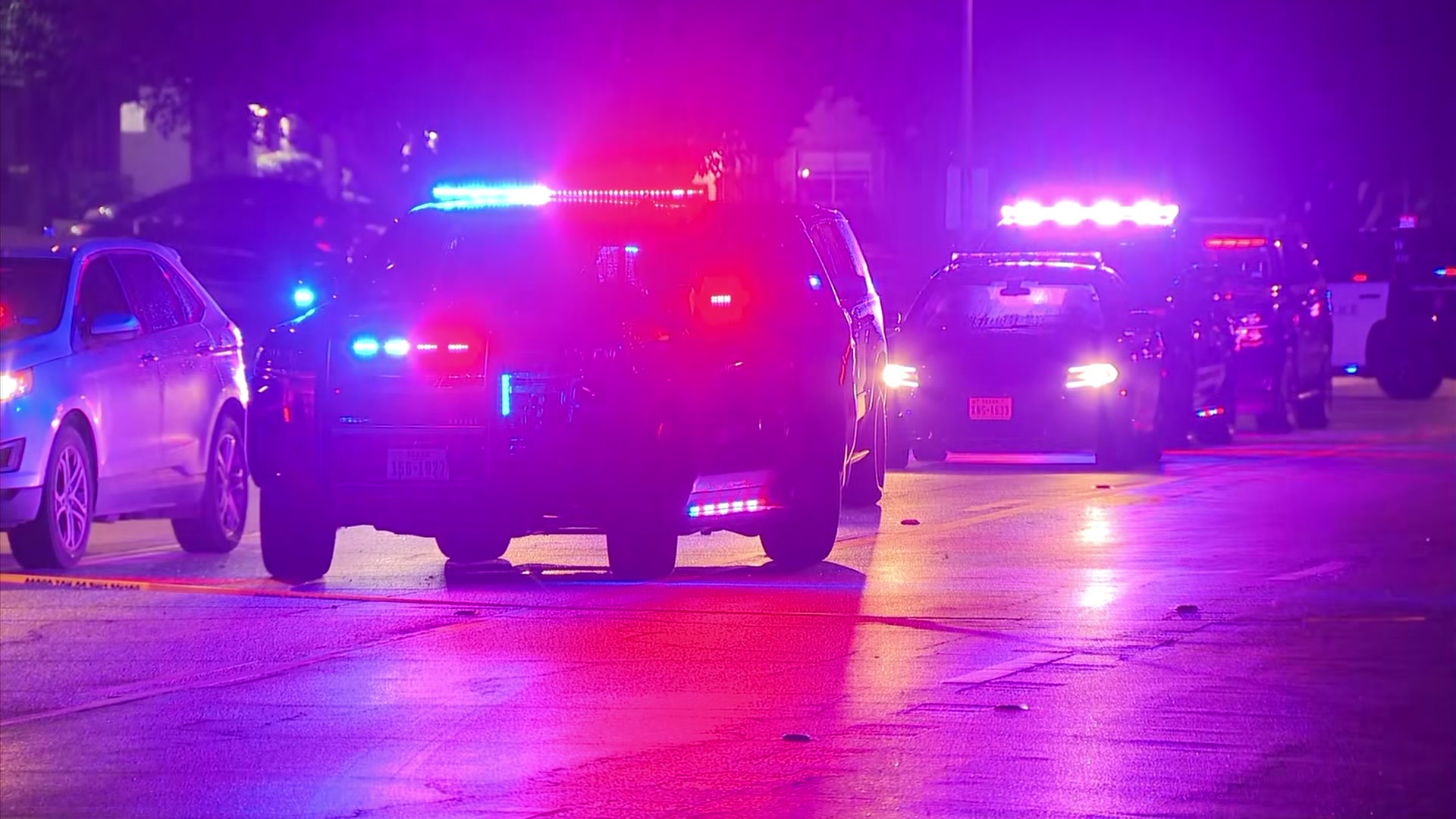The City of Fort Worth is one step closer to a cleaner Trinity River.
Officials want to bring in a trash-collecting waterwheel to remove floating trash from the water, a project first reported by NBC 5 back in 2021.
On Tuesday, city council will get a big update on the project, called the Trinity River Waterwheels Initiative, as part of their regularly scheduled work session.
The waterwheel is a floating technology that picks up floating trash, puts it on a conveyor belt inside the craft and then deposits it into a trash bin. It is powered sustainably, primarily by river currents but if the hydropower is not sufficient, the craft can work off of solar power.
Get DFW local news, weather forecasts and entertainment stories to your inbox. Sign up for NBC DFW newsletters.
It can capture up to 50,000 pounds of floatable litter and debris daily.
“We’re very excited to move this project a little further along,” said Cody Whittenburg, acting director of the city of Fort Worth Environmental Services Department. “Over the last few years, we have been working to solicit donations and to fundraise – and to finish out the engineering design and some of the core of engineer permits that are required to put something like this along the river.”
The water wheel has been in planning for years and started to gain momentum starting in 2019.
Local
The latest news from around North Texas.
"We've had a lot of positive responses from the community,” said Whittenburg. “I want to thank our partners – Streams & Valleys and the Tarrant Regional Water District. All three of us have been working together and the conversation about this project has been going on for about three years now. I believe that that we're all really excited that we finally have the funding secured."
The city has worked to fundraise more than $600,000 from businesses and private donors. Currently, they are finishing out the engineering design and permits required to put these wheels on the river before moving into the bid phase to construct a floating platform and the trash transfer ramp for the water wheel to work from.
There are two potential locations for the waterwheels – Henderson Street Bridge and Purcey Street Outfall.

To highlight the need for a waterwheel on the Trinity River, the city shared information on just how much trash can end up in the water.
Staff collected approximately 28,500 pounds of litter and debris after one heavy rainfall event in August 2022 in a four-day period. This was collected mostly by hand from the river banks.
That same year, TRWD's two Trash Bash volunteer litter clean-up events collected approximately 13,500 pounds of litter and debris from along the banks of the Trinity River. The cleanup events are indicative of the amount of floating trash that flowed downstream.
MR. TRASH WHEEL
To get a better understanding of the water wheel’s impacts, NBC 5 reached out to officials in Baltimore, Maryland – which was basically the first city to implement a trash wheel of this kind nearly 10 years ago to keep the Inner Harbor clean.
“It’s really important that the inner harbor stay clean and beautiful and not have floating trash. Floating trash was a problem, especially after rain events,” said Adam Lindquist, Baltimore’s Healthy Harbor Initiative Director at the Waterfront Partnership. “Most of the trash we pick up comes after a rainstorm and that used to just cover the harbor to the point where it looked like you could walk across the harbor on the trash floating in the water. We wanted to find a way to stop that.”
Since 2014, the effort has grown into four water wheels – one of which city leaders placed googly eyes on and named “Mr. Trash Wheel”.
Mr. Trash Wheel is as famous as the city's baseball team and even has social pages complete with memes, thousands of followers and merch to help spread the word for a cleaner environment.
"There's a cult of people who follow Mr. Trash Wheel. I don't want to say religiously but I mean, near religiously,” joked Lindquist. "So we've really encouraged the community of Baltimore to fall in love and support this technology, which has helped us keep the trash wheels running for 10 years. It also has actually helped us to pass legislation that reduces the amount of trash coming into our waterways in the first place."
The four trash wheels in Baltimore have collected more than 2,300 tons of trash over the last nine years, including nearly 2 million plastic bottles, 13 million cigarette butts, and over 1.3 million foam containers.
"This is the thing – trash wheels are a valuable part of the solution, but they're not the ultimate solution, right?” said Lindquist. “We need to actually change people's behavior because your riverbank is still going to have trash on it upstream of wherever you put these trash wheels. It might help downstream. That's why our goal is always to keep it out of our waterways in the first place."
Fort worth is hoping to partner with the same company that helped Baltimore, Clearwater Mills, to bring the concept to the Trinity River.
City leaders said the goal is to get a trash wheel in the water next summer 2024.
For more information about the Trinity River Waterwheel Initiative, click here.



